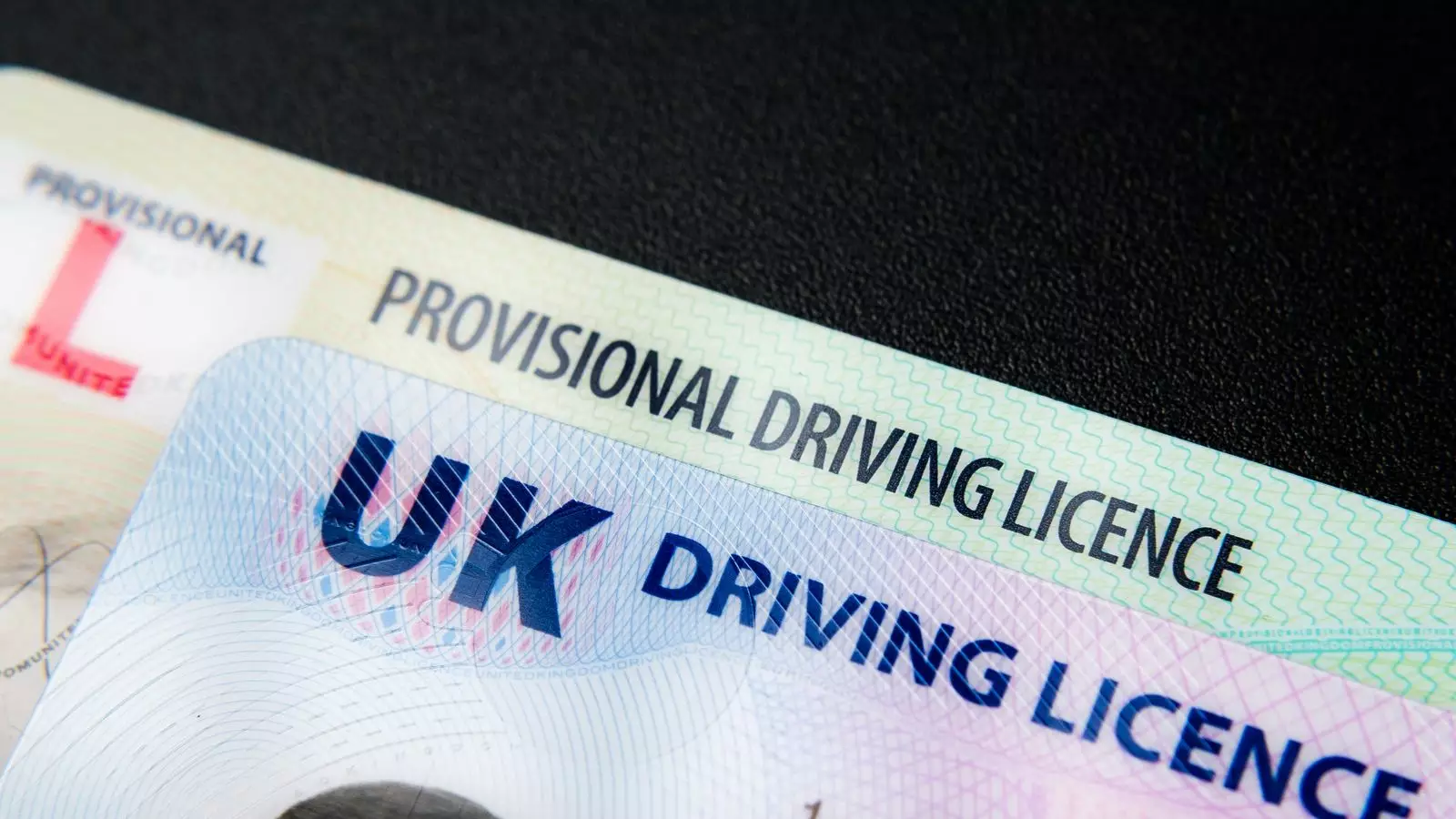The idea of introducing a national ID card in the UK has reignited debate not only over the practicality of such measures but also the philosophical implications tied to identity, privacy, and governance. The absence of an ID card system differentiates the UK from most of its peers within the OECD, shedding light on a unique aspect of British identity and policy. As the global landscape increasingly leans towards digitized forms of identity verification, is it time for the UK to reconsider its stance?
A closer inspection reveals that among the 38 OECD countries, a mere six, including the UK, opt not to implement comprehensive national ID schemes. This group primarily comprises English-speaking nations, such as Australia, Canada, and the United States. With the exception of these nations, many countries have embraced various forms of identification, reflecting both a trend towards more structured governance and advances in technology. In regions like Europe and Asia, ID cards are often embedded as a mechanism for streamlining government services, aiding in societal organization, and enhancing security measures. The variation in policies raises pertinent questions about national identity and the evolving role of technology in sovereignty.
Former Prime Minister Sir Tony Blair has recently rejuvenated the conversation around digital ID systems in the UK. Writing for the Daily Mail, he emphasizes the potential for modern technology to bring about significant improvement in governance—specifically through the implementation of a digital ID strategy. According to Blair’s predictions, such a move could not only reduce government spending but also streamline processes, ultimately benefiting the economy.
From Blair’s perspective, the estimated £1 billion initial investment and the subsequent annual maintenance cost of £100 million can be seen as a sound strategy when juxtaposed with potential savings of £2 billion for the Treasury. Additionally, a study by McKinsey suggested that the introduction of ID cards could even catalyze a 3% increase in GDP via enhanced efficiencies. This presents an economic rationale that might tilt the balance in favor of working towards a national ID framework.
However, the advancements in an increasingly digital world give rise to serious concerns about civil liberties and the implications of a surveillance state. Critics question the potential ramifications of ID cards, fearing that such measures could erode privacy rights and eliminate the boundary between civic oversight and individual freedom. The discourse surrounding the introduction of digital IDs is steeped in apprehension that they could facilitate government overreach and unauthorized tracking.
The requirement for citizens to possess identification and have personal data recorded raises concerns about consent, data security, and individual freedom. The debate becomes increasingly polarizing: on one side, the argument for safeguarding social services and economic integrity; on the other, the emphasis on personal rights and freedoms. This tension must be navigated carefully to ensure that any implementation of a national ID does not come at the cost of individual rights.
In the past weeks, the UK government’s communication regarding digital IDs has been inconsistent, reflected in statements from various officials. Business Secretary Jonathan Reynolds conveyed that the Home Secretary would consider several factors related to digital ID, only to later contradict that assertion in a subsequent interview. This lack of cohesion leaves citizens questioning not only the likelihood of a digital ID rollout but also the motivations behind it.
Furthermore, the current proposal indicates a transition toward “digital identities” that are voluntary rather than mandatory. Such a proposition acknowledges public dissent regarding compulsory ID while also signaling that the government may be exploring alternative pathways for identity management without fully committing to a national ID card initiative.
Looking ahead, the dialogue about ID systems in the UK poses an essential crossroads for policymakers. Embracing digitization offers efficiency and innovation potentials, yet requires careful consideration of ethical implications. The imminent challenge lies in striking a balance between harnessing the benefits of modern governance through digital infrastructure and safeguarding the foundational principles of individual liberty and privacy. As the UK embarks on this conversation, it stands at a pivotal moment that could reshape its central identity and governmental approach. The outcome may define how citizens engage with technology and authority in the 21st century.


Leave a Reply